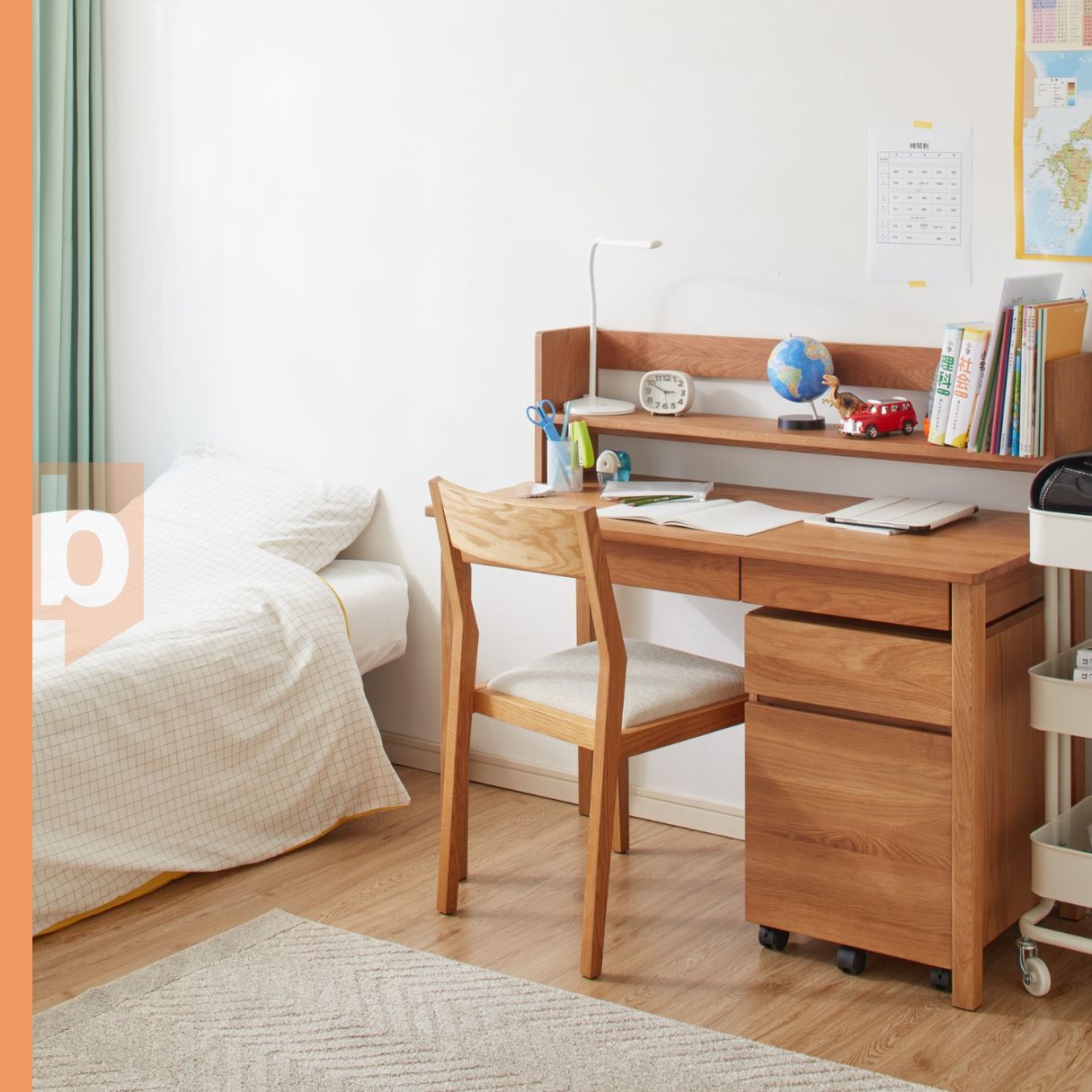THE HAGUE--The student housing crisis in the Netherlands is tightening again, driven by shrinking supply, rising rents, and new regulations that push small landlords out of the rental market. Fresh data from Kamernet and new analysis from Kences show that the market is shifting in ways that leave many students stuck at home, discouraged, and increasingly excluded from student life. Kamernet reports that the number of advertised rooms fell sharply this summer. In July, August, and September, listings dropped by more than 8 percent compared with the same months last year.
As supply tightens, prices continue to rise. Average rent on Kamernet increased by over 3 percent nationwide. Some cities saw much steeper jumps. In Leiden, the average rent moved from 427 euros to 600 euros per month, an increase of more than 27 percent. The Hague and Delft saw increases of roughly 14 percent. Amsterdam remains the most expensive city, with a typical room costing about 950 euros per month. Breda and Eindhoven were the exceptions, with rents falling in both cities.
Kamernet attributes the shrinking supply to stricter regulations and rising costs for private landlords. Many owners find it less attractive to rent rooms due to maximum rent rules, added uncertainty, and higher expenses. Instead, they are choosing to sell, encouraged by high property prices. This trend is not limited to student rooms. Across the wider housing market, smaller landlords have been selling homes into the owner-occupied sector because of rent regulation in the mid-market segment and new rules for wealth taxation.
The consequences are visible in student behavior. According to Kences, the knowledge center for student housing, many students have simply abandoned their search for a room. Only 44 percent of students currently live in student housing, even though 49 percent want to. Eight years ago, 52 percent of students lived on their own and 59 percent wished to.
Kences director Jolan de Bie calls the shortage damaging for higher education access, student development, and the country’s knowledge economy. When students cannot leave home, they often face longer commutes or must choose programs that are closer, even if those choices do not match their interests or goals. Students who stay home also miss critical social and emotional experiences. Feelings of isolation, reduced self-esteem, and a weaker personal network are increasingly common. That lack of networking can limit job opportunities later on.
De Bie notes that the Netherlands is losing ground internationally. Since neighboring countries can more often guarantee housing, the Dutch shortage weakens the nation’s competitive position.
Kences estimates the current shortage at 21,000 rooms. The true number is higher because many students stopped looking and are not counted. Capacity is also blocked by graduates who remain in their student rooms because they cannot find housing elsewhere. A year after completing their studies, 57 percent of graduates still live in their student accommodation. Vocational students are also not included in the current figures.
The supply drop is significant. About 5,000 new student rooms were added to the national stock, but even more disappeared. Private landlords are selling properties due to the new rental law, resulting in 17,800 fewer students living in the private sector compared with the previous academic year. Across the 20 major student cities, the total room supply fell by an estimated 13,500 to 332,400 rooms.
Looking ahead, Kences expects the shortage to continue rising. By the 2032 to 2033 academic year, the gap could reach between 26,000 and 63,000 rooms, depending on population growth, construction rates, and regulatory changes.
Kences argues that the government can ease pressure by allowing temporary leases specifically for student housing. The institute also urges municipalities to abolish the permit requirement for more than two people to share a house. De Bie says this can be done within current laws and would allow more efficient use of the existing housing stock.
She adds that long standing arguments about nuisance should no longer block shared housing. With a broad housing crisis across the Netherlands, she says that renting to up to three people does not cause added problems when it is targeted at student groups.
Join Our Community Today
Subscribe to our mailing list to be the first to receive
breaking news, updates, and more.






